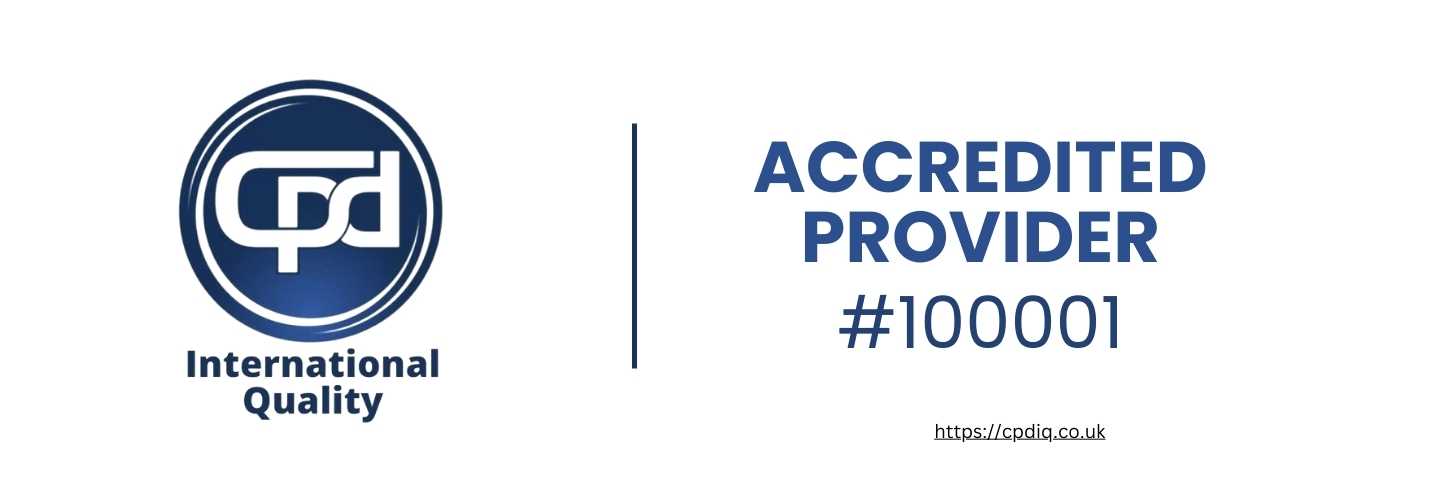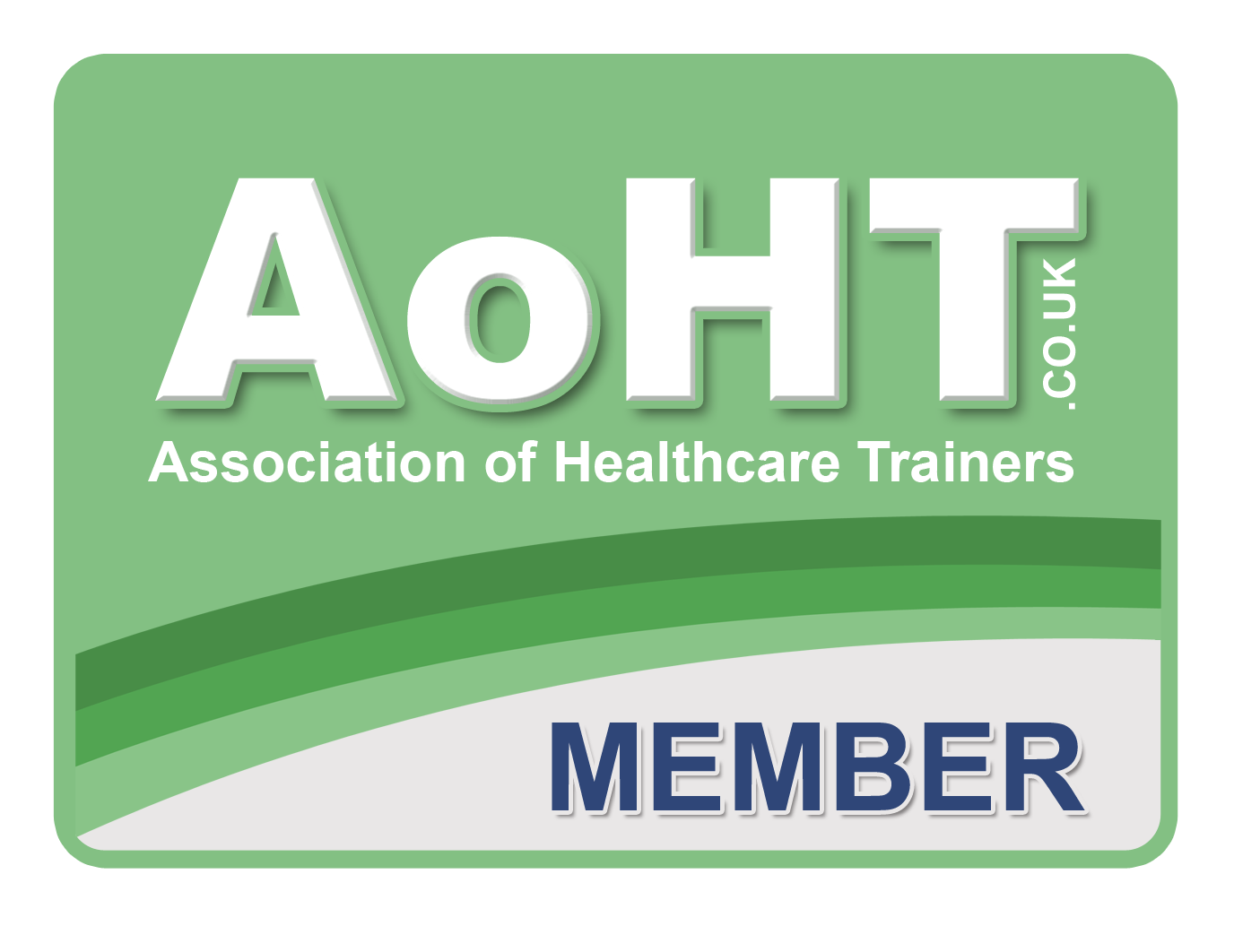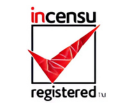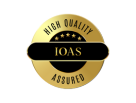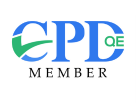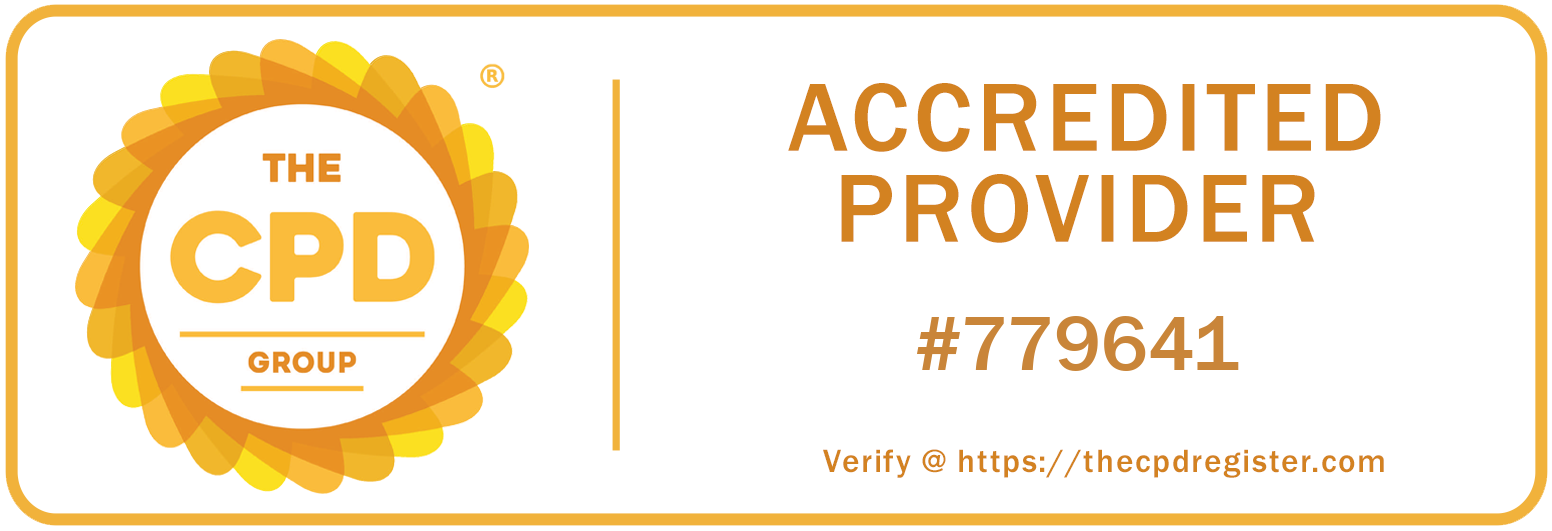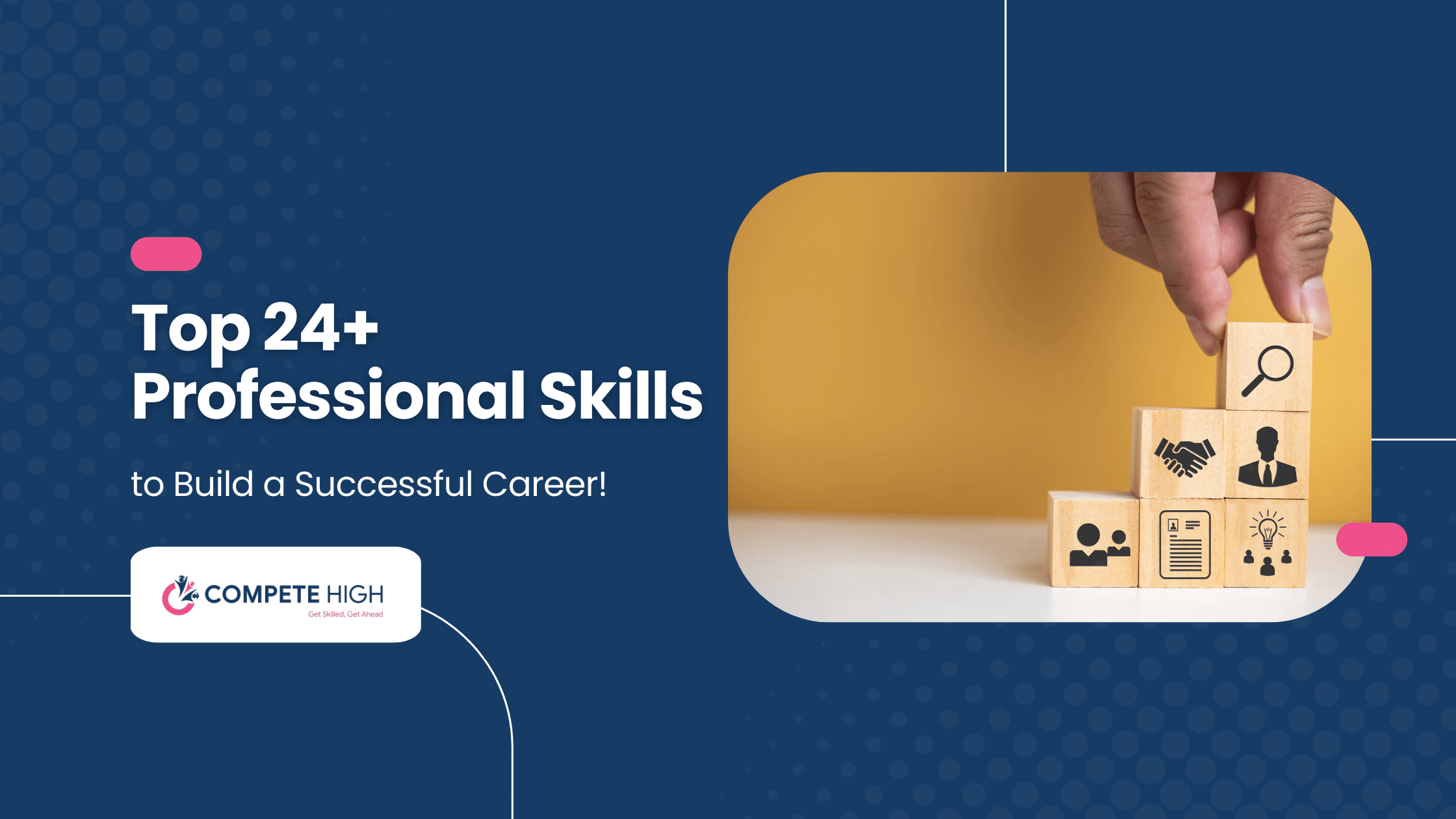
In today’s world, gaining a professional skill is the main pillar of a successful career.
The job market is getting saturated day by day. As a result, an academic degree just isn’t enough to compete and survive in this saturated market.
Besides, the jobs are also becoming more skill-based these days. Professional skills, be it hard skills or soft skills, have become compulsory to survive in this competitive age.
Now the question is…
What are professional skills?
Skills which help you to work effectively in your workplace are professional skills. In short, skills that help you function within a work environment and perform at your highest level. It also enhances your working efficiency.
Communication and leadership can be used as a common professional skills example. We need professional skills like those to survive in this competitive world. Otherwise, you’ll get left behind in this ever-evolving world.
The list of professional skills can be very long. But all of them can be classified into 2 major categories -
- Hard skills
- Soft skills
Hard skills
Skills that can be developed through formal education and training are hard skills. These skills are teachable. One can easily gain expertise by working hard on them.
Multi-language speaking skills and coding skills are some common hard skill examples.
Soft skills
Soft skills are the skills that are self-taught, especially self-developed. Soft skills focus on interpersonal attributes and personality traits.
Soft skills help in effective communication, collaboration and interaction with others. Soft skills are difficult to measure or quantify, unlike hard skills. But both are equally important for your professional success.
Enrol in our Essential Career Soft Skills course and build a glorious career!
25 skills to gain for a rewarding career ahead!
Today we’ll discuss about 25 different skills. They will help you to survive in this competitive world. You can build a glorious career by mastering these skills.
So without further ado, let’s dive in…
1. Communication skills
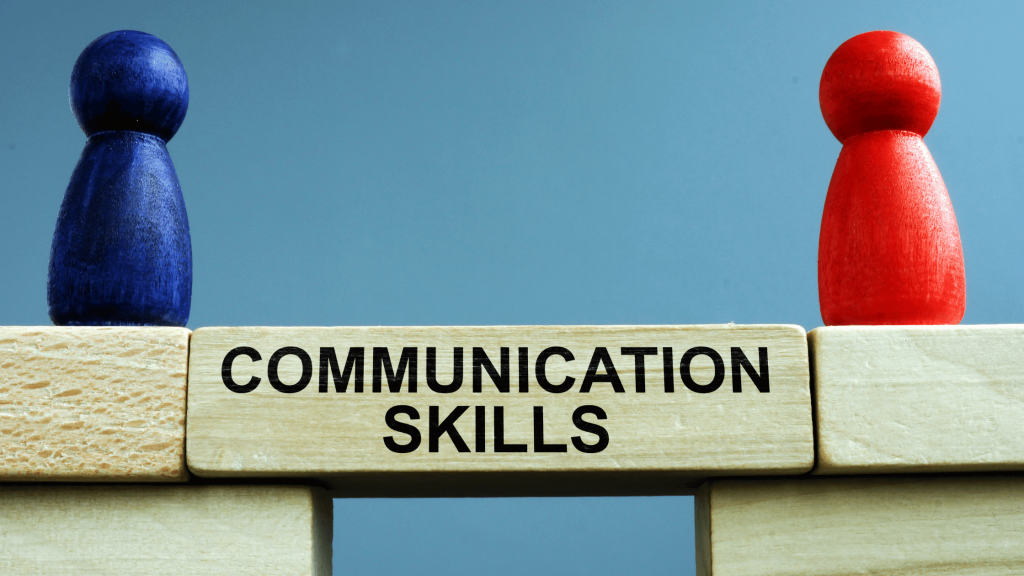
Communication skills are one of the most important professional skills. It is even known as the heart of professional success.
Communication is the key whether you want to submit ideas, report to the boss or negotiate with clients. This ability to transfer your thoughts is crucial for your professional success.
Skills related to communication skills include:
- Active listening
- Verbal communication
- Written communication
- Persuasion
- Negotiation
How to improve communication skills:
- Practise active listening
- Work on both verbal and non-verbal communication
- Develop empathy
- Ask for feedback
- Practise clear messaging
Sharpen your communication skills with our Communication skill crash course!
2. Time management skills
Time management is a vital skill to maximise your productivity. It is an essential skill for reaching work deadlines.
In this fast-paced world, time management is everything. It's unavoidable to stay organised and complete tasks continuously. The more comfortable you are with managing time, the more efficient you can be at work.
Skills related to time management skills include:
- Prioritisation
- Goal setting
- Delegation
- Organisation
How to improve time management skills:
- Prioritise tasks
- Set goals
- Use time-blocking techniques
- Learn to delegate
- Regularly evaluate and adjust your strategies
Improve your time management ability with our Time management training.
3. Problem-solving skill
The ability to identify and solve problems efficiently is known as problem-solving skills. This unique set of capabilities is highly valued in workplaces nowadays, for obvious reasons.
Every working individual encounters problems and obstacles in the workplace. With the ability to surpass those, one can take their career to an untouchable height.
Skills related to problem-solving skills include:
- Analytical thinking
- Creativity
- Decision-making
- Adaptability
How to improve problem-solving skills:
- Note down the problem
- Generate alternatives
- Analyse situation
- Take action
- Reflect and learn
Enrol in our Leadership training and be the pioneer of the leaders!
4. Adaptability and flexibility
Adaptability and flexibility are vital in terms of dealing with changes in the workplace. People with better adaptability can adjust their approaches towards others. They easily survive in a diverse work environment.
Flexibility allows professionals to respond quickly to unexpected challenges and emerging opportunities.
Skills related to adaptability and flexibility include:
- Resilience
- Openness to change
- Willingness to learn
How to improve adaptability and flexibility:
- Embrace change
- Develop patience
- Stay open-minded
- Stay satisfied
- Gather new experiences
5. Leadership skills
Leadership is the most crucial aspect of organisational success. It is essential for inspiring others and guiding teams.
Leadership is not just confined to managerial roles, it operates at every level of an organisation.
Skills related to leadership skills include:
- Visionary leadership
- Coaching and mentoring
- Conflict resolution
How to improve leadership skills:
- Lead by example
- Communicate effectively
- Represent the team effectively
- Inspire and motivate
- Continuously learn and grow
6. Teamwork and collaboration

The ability to work effectively in teams and collaborate with others for common goals is known as teamwork and collaboration.
Teamwork skills can be helpful in any sort of partnership, whether it's in your personal or professional life.
Skills related to teamwork and collaboration include:
- Cooperation
- Conflict resolution
- Consensus-building
How to improve teamwork and collaboration:
- Build trust and respect
- Clarify roles and responsibilities
- Communicate effectively
- Create a collaborative culture
- Celebrate achievements
7. Digital literacy
Digital literacy is the ability to use IT and modern technologies. In the digital world, digital literacy is crucial for your professional success.
Digital literacy differs from regular literacy. It consists of mainly finding, utilising, sharing or creating content or information using technology and the internet.
Skills related to digital literacy include:
- Information literacy
- Technology proficiency
- Cybersecurity awareness
How to improve digital literacy:
- Stay updated with technology trends
- Practise digital tools
- Attend online courses
- Find mentorship
- Stay curious
8. Emotional intelligence
Effectively managing your own emotions and understanding the people around you is called emotional intelligence. Emotional intelligence helps people to build strong relationships with others.
It also helps you to connect with your feelings and make informed decisions.
Skills related to emotional intelligence include:
- Self-awareness
- Self-regulation
- Empathy
- Relationship management
How to improve emotional intelligence:
- Practice self-awareness
- Develop empathy
- Manage emotions effectively
- Build strong relationships
- Ask for feedback
Enrol our Emotional mastery and handle emotions more effectively.
9. Critical thinking and decision-making
The ability to analyse situations to make informed decisions is critical thinking ability. This enables one to make decisions based on discussions, problems or situations.
Critical thinkers can easily overcome difficult situations. Critical thinkers easily become successful in the workplace.
Skills related to critical thinking and decision-making include:
- Logic and reasoning
- Data analysis
- Risk assessment
How to improve critical thinking and decision-making:
- Ask questions
- Consider multiple perspectives
- Analyse risks and consequences
- Practice problem-solving
- Learn from past decisions
10. Empathy
The ability to understand and share the feelings of others is known as empathy. In long, understanding others' feelings, perspectives and experiences is called empathy.
Empathy is a must to build interpersonal relations in the workplace.
Skills related to empathy include:
- Active listening
- Perspective-taking
- Compassion
- Tolerance
How to improve empathy:
- Practise active listening
- Validate emotions
- Put yourself in their shoes
- Show compassion
- Practise different perspectives
11. Creativity

Creativity is the ability to produce innovative ideas and solutions. Creativity enables us to think outside of the box.
Marketing efforts, for example, need a lot of creativity to drive business growth.
Skills related to creativity include:
- Problem-solving
- Flexibility
- Collaboration
How to improve creativity:
- Build curiosity
- Embrace failure
- Engage in diverse thinking
- Think out of the box
- Build a creative environment
Unlock the corners of your mind with Creativity training.
12. Work ethics
Work ethics is a set of moral principles and values. It controls an individual’s behaviour and conduct in the workplace.
Work ethics are defined as reliability, professionalism and commitment.
Skills related to work ethics include:
- Integrity
- Professionalism
- Commitment to success
- Reliability
How to improve work ethics:
- Set high standards
- Be reliable and punctual
- Take responsibility
- Practice integrity
- Continuously improve
13. Interpersonal skills
Interpersonal skills are generally known as people skills or social skills. It is the ability to communicate properly and build strong relations. This skill is essential for working in a team and collaborating with others.
Skills related to interpersonal skills include:
- Communication
- Empathy
- Conflict Resolution
- Collaboration
How to improve interpersonal skills:
- Develop empathy
- Communicate effectively
- Build reputation
- Resolve conflicts constructively
- Adapt to different personalities
14. Stress management

Stress management is essential for maintaining physical and mental health. In today’s demanding work environment, stress management is essential for ensuring productivity.
Stress management skill minimises all negative impacts on health and productivity.
Skills related to stress management include:
- Self-awareness
- Time management
- Relaxation techniques
How to improve stress management:
- Identify stressors
- Develop coping strategies
- Prioritise self-care
- Set boundaries
- Ask for support
15. Organisational skill
Organisational skills are very important to survive in modern organisations. It’s the ability to plan and execute tasks effectively. These are very effective for managing workload and enhancing productivity.
Skills related to organisational skills include:
- Time management
- Task prioritisation
- Workflow optimisation
How to improve organisational skills:
- Use a planner or calendar
- Break tasks into smaller steps
- Organise your workspace
- Set deadlines and goals
- Review and report regularly
16. Analytical skill
Analytical skill is the capability to make informed decisions based on data and information. It enables individuals to think critically.
Being analytical enables you to make decisions based on data. It empowers one to tackle every situation in the best possible way.
Skills related to analytical skills include:
- Critical thinking
- Data analysis
- Problem-solving
How to improve analytical skills:
- Practice problem-solving
- Analyse data
- Develop logical thinking
- Stay informed
- Seek feedback
17. Information technology skill
IT skills, in a general sense, mean proficiency in using and maintaining digital tools related to technology and software. In today’s digital age, IT skills have become mandatory for professionals.
Skills related to information technology skill include:
- Software Proficiency
- Digital literacy
- Adaptability to new technologies
- Systems Administration
- Cybersecurity Awareness
How to improve information technology skills:
- Take courses or certifications
- Practice hands-on learning
- Stay updated with technology trends
- Seek mentorship
- Be resourceful
18. Basic computer skill
It is the foundational expertise on computers. Almost every workplace is getting digitised nowadays. It has made computer knowledge more important than ever in the workplace.
Skills related to basic computer skills include:
- Keyboard Proficiency
- File Management
- Internet Navigation
How to improve basic computer skills:
- Take online courses
- Practise regularly
- Explore software applications
- Seek assistance
- Stay curious
19. Customer service skills
Customer service skill is the ability to interact with customers. It’s the capability to deal with customers professionally to fulfil their needs.
Strong customer relation skills are important for maintaining a good relationship with customers.
Skills related to customer service skills include:
- Communication
- Empathy
- Problem Resolution
- Patience and Diplomacy
- Conflict resolution
How to improve service skills:
- Understand customer needs
- Practise active listening
- Develop problem-solving skills
- Communicate effectively
- Create a positive attitude
Become the master of customer service! Enrol in our Customer Service course now.
20. Presentation skills

Presentation skill is the ability to deliver ideas and proposals. It enables one to deliver thoughts clearly and engagingly.
This skill is essential for communicating and delivering proper messages to colleagues and clients.
Skills related to presentation skills include:
- Content Development
- Verbal Communication
- Visual Aids Design
How to improve presentation skills:
- Prepare thoroughly
- Know your audience
- Engage your audience
- Practice delivery techniques
- Seek feedback
21. Marketing skills
Usually, marketers promote products or services to customers. Several steps are included in the marketing process, including market research, customer acquisition, market trends, consumer insights, etc.
Whether you’re in a marketing role or not, marketing skills will enhance your ability to attract customers and drive business growth.
Skills related to marketing skills include:
- Market research
- Brand management
- Digital Marketing
How to improve marketing skills:
- Understand your target audience
- Develop a strong value
- Utilise digital marketing channels
- Analyse data and metrics
- Stay creative and innovative
22. Project management
Project management is the skill of managing projects, assembling teams and completing tasks. It helps you to take projects all the way from idea to completion.
Strong project management skills are essential for coordinating and teamwork.
Skills related to project management include:
- Planning and scheduling
- Team leadership
- Risk management
How to improve project management:
- Develop a project plan
- Set clear goals and milestones
- Communicate effectively
- Manage risks proactively
- Evaluate and learn from experience
Learn the art of project management with our Project Management course.
23. Design skill
Designing skill is the ability to convey messages or ideas or evoke emotions. It comes with a wide range of visual mediums.
A person with strong design skills can easily express their concepts with visuals.
Skills related to design skill include:
- Visual Aesthetics
- User-centred design
- Graphic design software proficiency
How to improve design skills:
- Study design principles
- Practice design fundamentals
- Seek inspiration
- Seek feedback
- Iterate and refine
24. Foreign language skill
Language is one of the most important things people can learn in life. Achieving proficiency in speaking, reading or writing in another tongue is a foreign language skill.
In this age of globalisation, fluency in other languages is very important. It can open doors to international opportunities.
Skills related to foreign language skill include:
- Language proficiency
- Cross-cultural communication
- Translation and interpretation
How to improve foreign language skills:
- Talk to yourself in that language
- Practise regularly
- Find language exchange partners
- Take language classes or courses
- Use apps (e.g. Duolingo) and resources
25. Data analysis skill
Data analysis is converting raw data into useful organised information for decision-making. The process includes cleaning, analysing, interpreting and visualisation of data.
Data analysis skills can help you discover insights that help making decisions more effectively.
Skills related to data analysis skill include:
- Data collection
- Data processing
- Data visualisation
- Statistical analysis
How to improve data analysis skills:
- Learn data analysis tools
- Understand statistical concepts
- Practice with real-world datasets
- Develop data visualisation skills
- Stay updated with industry trends
Learn from our Data Analysis course and make decisions more precisely.
Top 3 professional skills to boost your resume
All the professional skills mentioned above are valuable. But, these 3 skills will add the highest value to your resume.
These skills will enhance your valuation as a candidate. These will also make a great impression on employers. The skills are-
- Communication skills
- Problem-solving skills
- Leadership skills
Tips for developing professional skills
- Continuous learning: Keep yourself updated with trends. Continuously adapt to updated technologies. You can attend workshops, webinars and courses.
- Seek feedback: Seek feedback from your colleagues and bosses and find room for improvement.
- Practice regularly: Improve your skills by practising them regularly. You can practise them by applying them in your day-to-day life.
- Step outside your comfort zone: Your comfort zone is your biggest enemy in professional life. Preferring to stay in the comfort zone is injurious to your career growth.
Take new responsibilities, grab leadership opportunities or tackle projects outside your expertise.
- Reflect and iterate: Learn from your mistakes. It could be either success or failure. Success teaches you to go beyond yourself. Failures teach you how to overcome your mistakes.
Conclusion
Professional skills are essential for your workplace success. It is also important for your personal growth and career advancement. These skills can enhance your career prospects and will propel you towards success.



